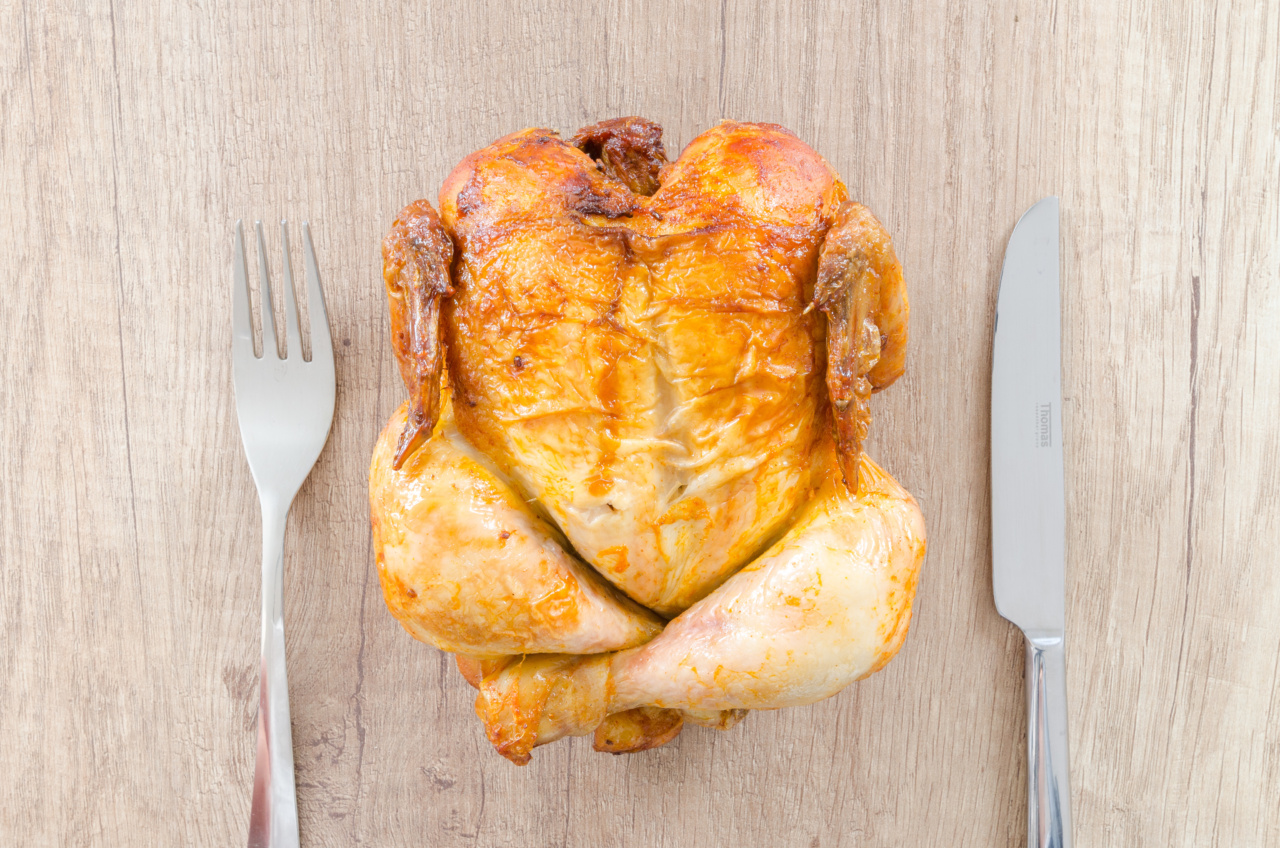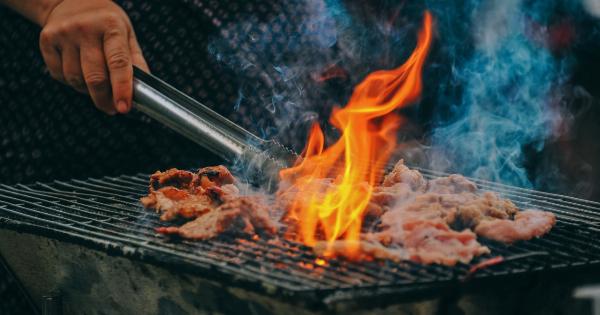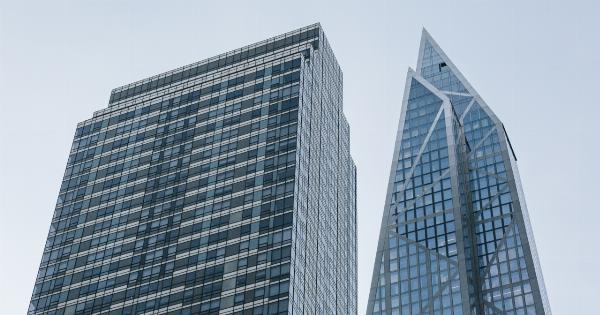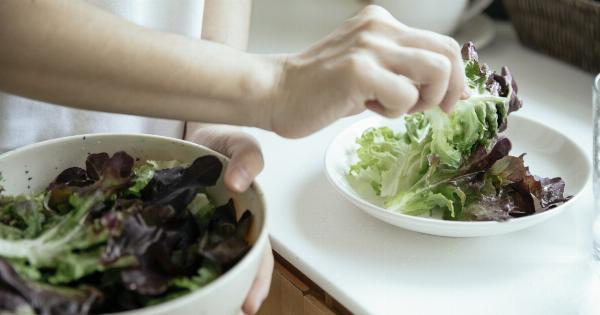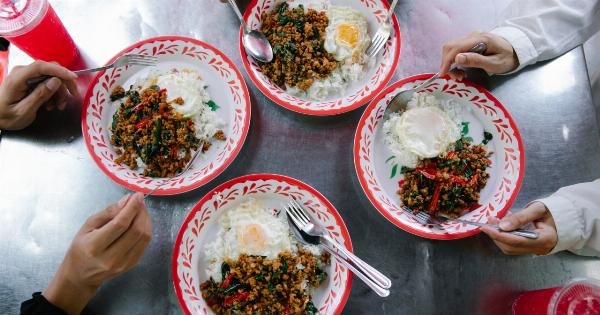Roasted meat, also known as barbecued or grilled meat, is a popular cooking method where meat is cooked over an open flame, typically using charcoal, wood, or gas.
This cooking technique imparts a smoky flavor and a crispy outer crust to the meat, making it a favorite amongst meat lovers.
The Link Between Roasted Meat and Kidney Cancer
Recent studies have suggested a potential link between the consumption of roasted meat and an increased risk of kidney cancer.
While the exact mechanisms are still not completely understood, there are several factors that may contribute to this association.
1. Polycyclic Aromatic Hydrocarbons (PAHs)
One of the primary concerns with roasted meat is the formation of polycyclic aromatic hydrocarbons (PAHs). When meat is cooked at high temperatures, fat and juices drip onto the heat source, causing flare-ups and the production of PAHs.
These compounds have been found to be carcinogenic and have the potential to cause DNA damage, leading to the development of kidney cancer.
2. Heterocyclic Amines (HCAs)
Heterocyclic amines (HCAs) are another group of chemicals that are formed when meat is cooked at high temperatures, such as during grilling or barbecuing.
HCAs have been shown to be mutagenic, meaning they can alter the DNA of cells and potentially lead to the development of cancer. Certain types of HCAs have specifically been associated with an increased risk of kidney cancer.
3. Advanced Glycation End Products (AGEs)
During the cooking process, the heat causes the sugars and proteins in meat to react, leading to the formation of advanced glycation end products (AGEs).
High levels of AGEs have been linked to chronic inflammation and oxidative stress in the body, which are both risk factors for various types of cancers, including kidney cancer.
4. Heme Iron
Roasted meat, particularly red meat, is a significant source of heme iron. While our bodies need iron for optimal functioning, excess intake of heme iron has been associated with an increased risk of various cancers, including kidney cancer.
The process of roasting meat can also result in the production of compounds called nitrosamines, which can further increase the potential carcinogenicity of heme iron.
5. Other Factors
Aside from the specific compounds formed during the cooking of roasted meat, there are other factors that may contribute to the increased risk of kidney cancer.
For example, individuals who frequently consume roasted meat may also have a higher overall meat intake, which itself has been associated with an elevated risk of kidney cancer. Additionally, the cooking method itself can result in the production of carcinogenic compounds, such as acrylamide, which further adds to the potential cancer risk.
Reducing the Risk
While the association between roasted meat and kidney cancer is a cause for concern, there are several steps that individuals can take to reduce their risk:.
1. Limit Consumption
The first step is to limit the consumption of roasted meat, especially if it is a regular part of your diet. Consider enjoying grilled vegetables, fish, or chicken as alternative options to reduce your overall intake of roasted red meat.
2. Marinate Meats
Marinating meats before grilling can help reduce the formation of potentially harmful compounds.
Certain marinades, such as those containing acidic ingredients like vinegar or citrus juices, have been found to be particularly effective in reducing the formation of PAHs and HCAs.
3. Choose Lean Cuts
Opting for lean cuts of meat can help minimize the production of harmful compounds during the cooking process. Trim away visible fat before grilling and avoid charring the meat, as this can increase the formation of HCAs and PAHs.
4. Use a Thermometer
Using a meat thermometer can help ensure that meat is cooked thoroughly without being excessively charred. This can help prevent the formation of carcinogenic compounds while still ensuring that the meat is safe to consume.
5. Diversify Your Diet
Reducing your reliance on roasted meat and diversifying your diet with a variety of fruits, vegetables, whole grains, and plant-based protein sources can help lower your overall cancer risk.
Aim for a balanced and diverse diet that includes a wide range of nutrients.
Conclusion
While roasted meat can be a delicious and enjoyable part of many cuisines, it is essential to be aware of the potential risks associated with its consumption.
The formation of harmful compounds during the cooking process, such as PAHs, HCAs, AGEs, and excessive heme iron, may contribute to an increased risk of kidney cancer. By adopting healthier cooking methods, limiting consumption, and diversifying our diets, we can mitigate these risks and enjoy our favorite foods in a more balanced and health-conscious way.
